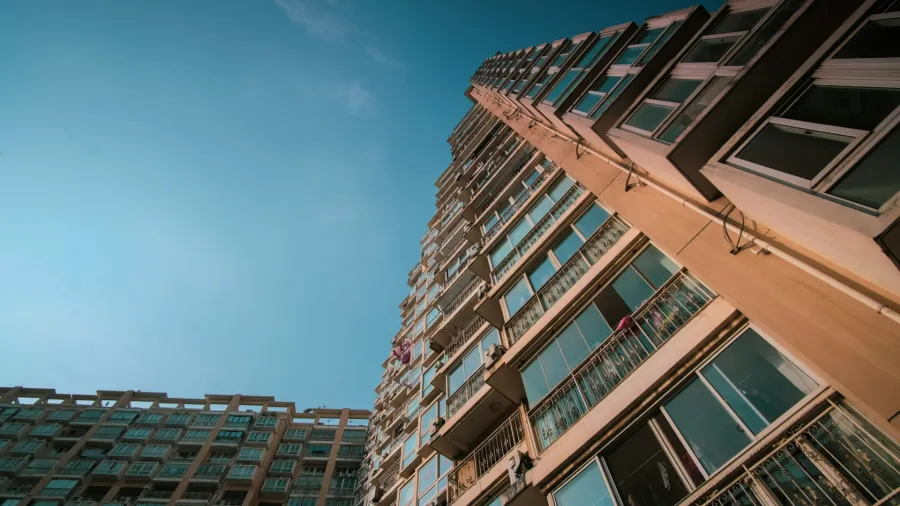
China’s measures to fix property slump raises risks for banks
Lower down payments may embolden buyers to walk away, analysts warned.
Recent measures to fix China’s property slump will weigh on banks in cities with declining property prices.
This may embolden buyers with “multiple first homes” to walk away and default, and in turn incur additional costs to banks, analysts from S&P Global Ratings warned.
On 17 May, the People’s Bank of China (PBOC) announced that it would cut the downpayment requirement on mortgages for first-time homebuyers by 5 percentage points (ppt) to 15%. The central bank also removed the lower limit on mortgage rates, which will allow banks to cut interest charges.
These moves are expected to boost demand for mortgages, which in turn carry the risk of straining banks focused on lower-tier cities, where property prices are slated to decline by about 14% between 2024-2025.
ALSO READ: APAC’s Top 20 banks' combined revenue up 4.3% in 2023
"Given that first-time homebuyers now only have to make a 15% downpayment, they could plausibly be pushed into negative equity if prices continue to fall in the third year of ownership. That may encourage some who have multiple 'first homes' to walk away from their units, and default," warned Ming Tan, S&P Global Ratings credit analyst.
Banks would then be left holding onto houses that are worth less than the mortgage loans, Tan said.
The removal of the floor on mortgage rates will also give lenders less buffer to absorb potential losses when defaults do happen, according to S&P Global Ratings credit analyst Ryan Tsang.
“Banks would have to incur additional costs to pursue defaulters' other assets to mitigate the losses in such cases," Tsang said.






![Lorem Ipsum [ABF 1]](https://cmg-qa.s3.ap-southeast-1.amazonaws.com/s3fs-public/styles/exclusive_featured_article/public/2025-03/a_hand_pointing_to_a_futuristic_technology_5b87c9d0e3_1.png.webp?itok=2w0y1WhS)


![Cross Domain [Manu + SBR + ABF + ABR + FMCG + HBR + ]](https://cmg-qa.s3.ap-southeast-1.amazonaws.com/s3fs-public/styles/exclusive_featured_article/public/2025-01/earth-3537401_1920_4.jpg.webp?itok=WaRpTJwE)








 Advertise
Advertise

